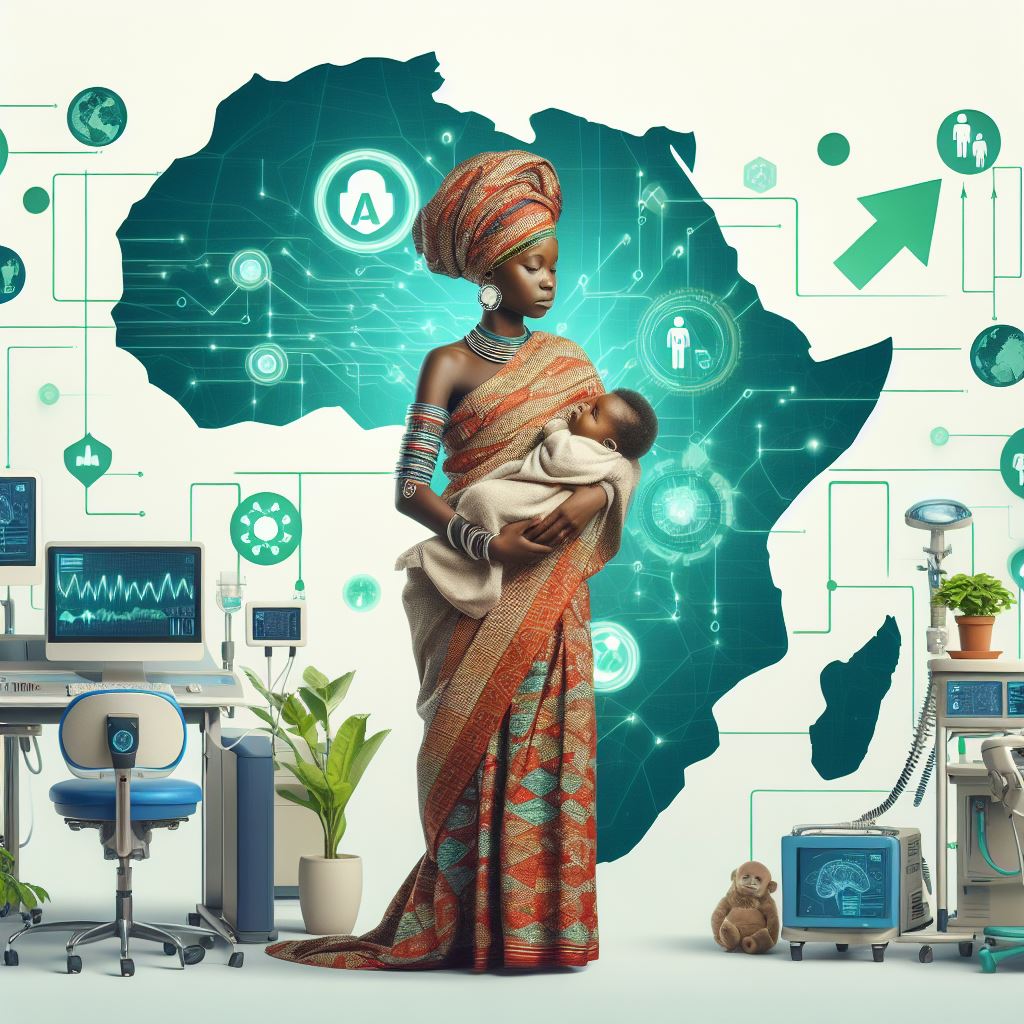
Introduction
In a groundbreaking effort to improve health and care delivery in local communities, Aga Khan University (AKU) and the University of Michigan (U-M) have joined in partnership to establish a cutting-edge data science hub in Nairobi, Kenya. This collaborative initiative positions the power of artificial intelligence (AI) and machine learning (ML) to address health disparities and promote health equity.
Under the leadership of Joseph Kolars, director of the U-M Center for Global Health Equity, a delegation from Michigan recently visited AKU’s Nairobi campus to review the progress of their partnership. The meetings focused on the achievements since the signing of a memorandum of understanding (MOU) and provided updates on the Utilising Health Information for Meaningful Impact in East Africa through Data Science (UZIMA-DS) grant, which the institutions received two years ago.
A Collaborative Approach to Health Equity
The UZIMA-DS grant, amounting to $6.5 million, aims to establish a state-of-the-art data science hub that leverages AI, machine learning, and other emerging technologies to enhance health and care delivery in local communities. During the visit, project leads shared their progress and discussed the future of the initiative. This opportunity was a timely window to explore how both institutions can discuss challenges and find constructive routes to addressing them.
AI in Action: Looking at the Future of Healthcare
The collaboration between AKU and U-M extends beyond the UZIMA-DS grant. The visit also allowed for discussions on the new grant which supports pilot work for the Longitudinal Study of Health and Aging in Kenya (LOSHAK). This study aims to enrol thousands of Kenyan adults aged 45 and older, focusing on areas such as Alzheimer’s disease, mental health, the health and economic impacts of climate change and air pollution, and factors influencing late life economic wellbeing.
The success of this visit highlights the commitment of both institutions to advancing health equity through innovative research and collaboration. By leveraging the power of AI and machine learning, AKU and U-M are paving the way for transformative advancements in healthcare delivery, ultimately improving the lives of individuals and communities in Kenya and beyond.
